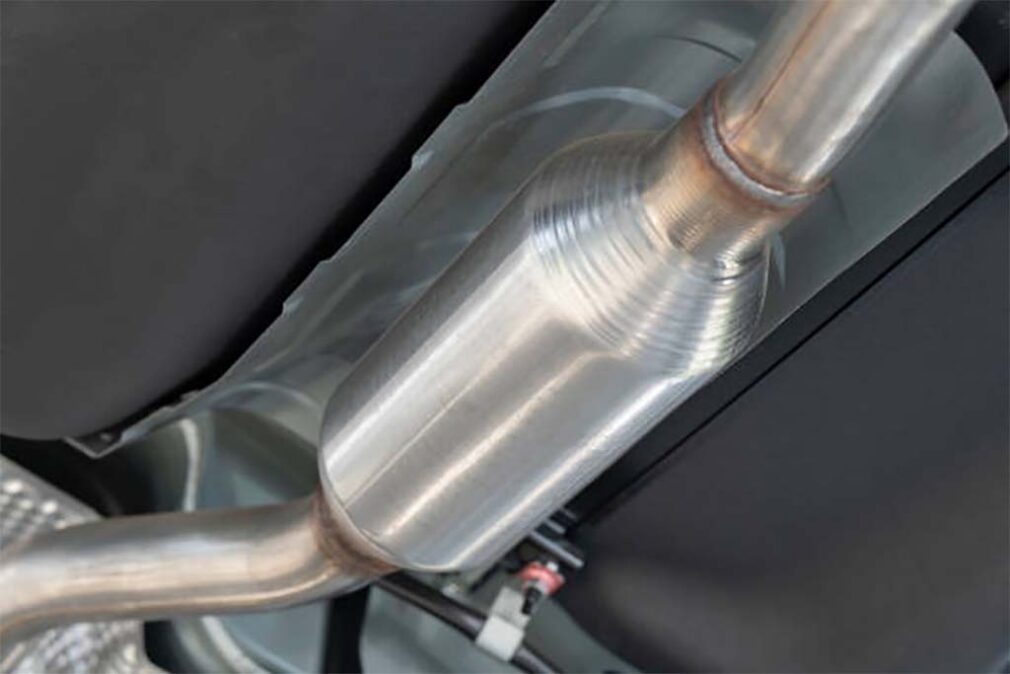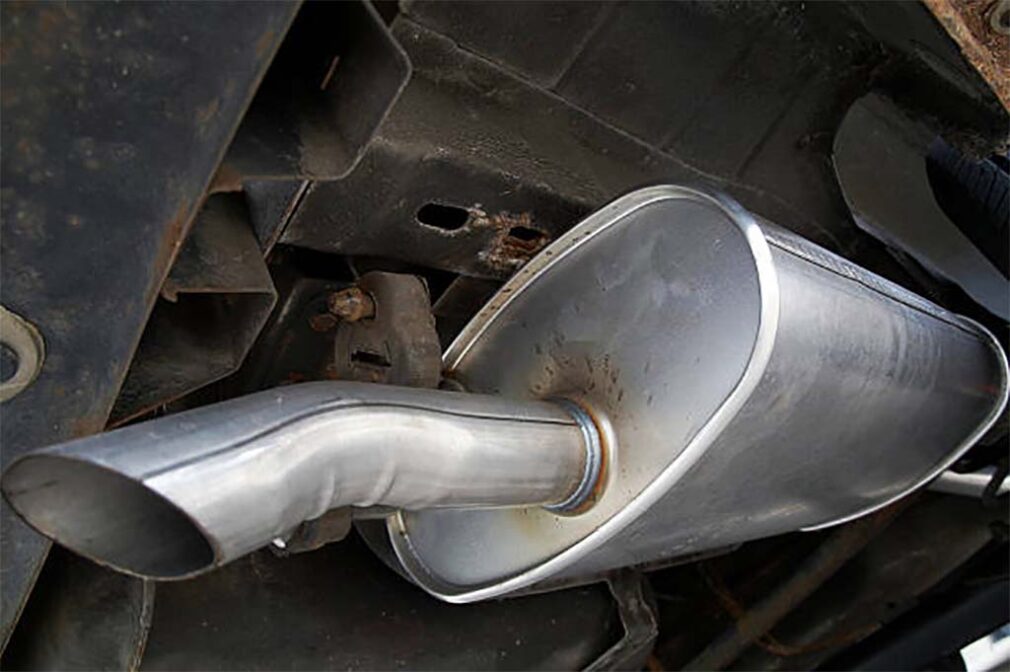When delving into the realm of automotive mechanics, one can often stumble upon puzzling components like the muffler and the exhaust system. Though these two elements belong to the same overarching system and function in close collaboration, they each have distinct tasks that are pivotal to the overall performance and operational efficiency of a vehicle. Understanding their specific roles does not only contribute to effective vehicle maintenance and care but also equips one with the knowledge needed to spot and address potential issues within these systems in a timely and efficient manner. Hence, we find it worthwhile to explore each of these components in more detail, like here, focusing on the essential differences between them and how these differences shape the functioning of your vehicle.
Understanding the Role of an Exhaust System
The exhaust system of a vehicle is a paramount component that has a significant bearing on its performance and safety. This intricate structure, engineered with precision, shoulders the responsibility of guiding hazardous gases away from the engine and the vehicle’s interior, thereby safeguarding the passengers. Besides, it plays a pivotal role in reducing the noise created by the high-pressure gases resulting from the engine’s combustion process. The exhaust system ensures these gases are safely navigated through a sequence of components, including the exhaust manifold, catalytic converter, and muffler, before they are finally discharged into the environment. The importance of an efficient exhaust system in a vehicle can thus never be understated, given its key role in ensuring safety and smooth performance.

The Function of a Muffler
Despite its seemingly diminutive size when compared to other components of a vehicle, the muffler has a significant role within the exhaust system. The muffler primarily focuses on reducing the noise produced by the exhaust gases emerging from the engine. This is accomplished through an intricate internal design featuring a series of chambers and tubes that create destructive interference, effectively causing the sound waves to cancel each other out. This process plays a crucial role in maintaining a serene and comfortable driving environment by significantly dampening engine noise. Moreover, the muffler also aids in the safe exit of exhaust gases from the system. Given its vital role, it’s clear that a well-functioning muffler is essential for your vehicle’s overall performance and your driving comfort.
Contrasting the Muffler and Exhaust System
Despite the muffler being a part of the larger exhaust system, the two terms should not be used interchangeably as they denote different components within the vehicle. The term ‘exhaust system’ is an umbrella term encompassing the entire assembly responsible for evacuating exhaust gases and reducing engine noise, whereas the ‘muffler’ specifically refers to the component within this system that suppresses sound. This distinction is of utmost importance when diagnosing vehicle issues or discussing replacement parts, as inaccurate communication could potentially lead to unnecessary repairs and additional expenses. When talking to a mechanic or conducting your own research, having a clear understanding of these differences is fundamental to ensuring your vehicle receives the proper attention and care it requires.
Selecting the Right Components
Picking suitable components for your vehicle can have a substantial impact on its performance. For example, if you drive a 4-cylinder car, selecting an appropriate muffler, such as the best muffler for a 4 cylinder, can help improve exhaust flow, decrease engine noise, and potentially increase fuel efficiency. Here you can find a detailed review and buyer’s guide. Knowing and understanding your vehicle’s specific needs and choosing components accordingly can make a noticeable difference in the vehicle’s operation and longevity. It’s imperative that any replacements or upgrades you make are compatible with your specific make and model to ensure optimal performance.

Conclusion
Knowing the distinction between a muffler and an exhaust system is fundamental for maintaining and improving your vehicle’s performance. This knowledge not only helps ensure proper maintenance and repair but also empowers you to make informed decisions when it comes to replacing or upgrading parts of your vehicle. Understanding the key roles of these components in your car’s operation can enhance your vehicle care practices and extend the lifespan of your vehicle. Moreover, being aware of these differences can help avoid any unnecessary or incorrect repairs, leading to cost savings in the long run. So, the next time you’re considering vehicle maintenance or upgrades, remember the distinct roles of the muffler and the exhaust system. With a comprehensive understanding of these integral vehicle components, you can take confident steps to maintain your car’s optimal performance, thus enriching your overall driving experience.

